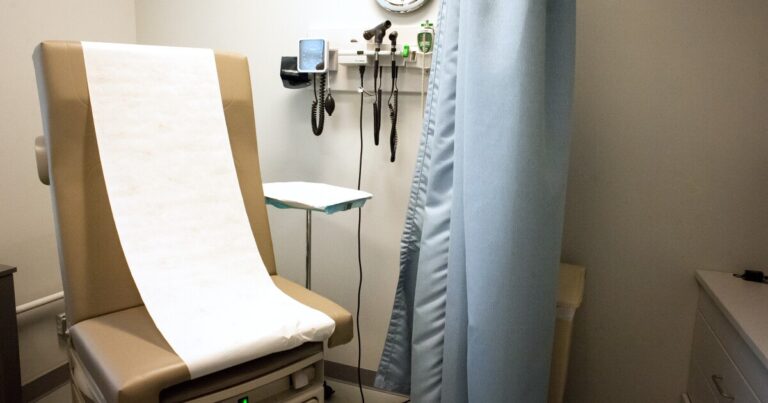President Donald Trump’s new budget bill is expected to push almost 12 million Americans off their health insurance, creating long-term financial issues for states and health-care providers, according to a S&P Global report.
The One Big Beautiful Bill Act makes substantial cuts to Medicaid, the public health insurance program for low-income and disabled people. In the long term, that reduced funding could hurt the balance sheets of state governments and hospitals alike, according to the report released Monday.
“U.S. states and not-for-profit health care providers are affected by new Medicaid stipulations that standardize work requirements for recipients, reduce the provider tax, and introduce other programmatic changes that could financially pressure issuers in the longer term,” the report said.
The new law freezes current provider taxes — fees that health-care providers pay to states to cover their Medicaid costs — for states that didn’t expand their Medicaid programs within the Affordable Care Act, and gradually lowers rates in states that have.
The bill is also expected to decrease individual insurance coverage and reduce supplemental payments, the report said. That could reduce revenue for providers while also increasing bad debt and charity care.
“The combination of these changes could stress cash flow, which is still under pressure for many providers,” the report said.
The Congressional Budget Office estimates that the federal share of Medicaid funding to states will drop by almost $219 billion over the next decade, and result in 11.8 million Americans losing their health-care coverage over that period.
Still, states can adjust their Medicaid programs and raise revenue to address any negative effects from the new federal law. This should limit the impact on ratings and credit quality, according to the report.


